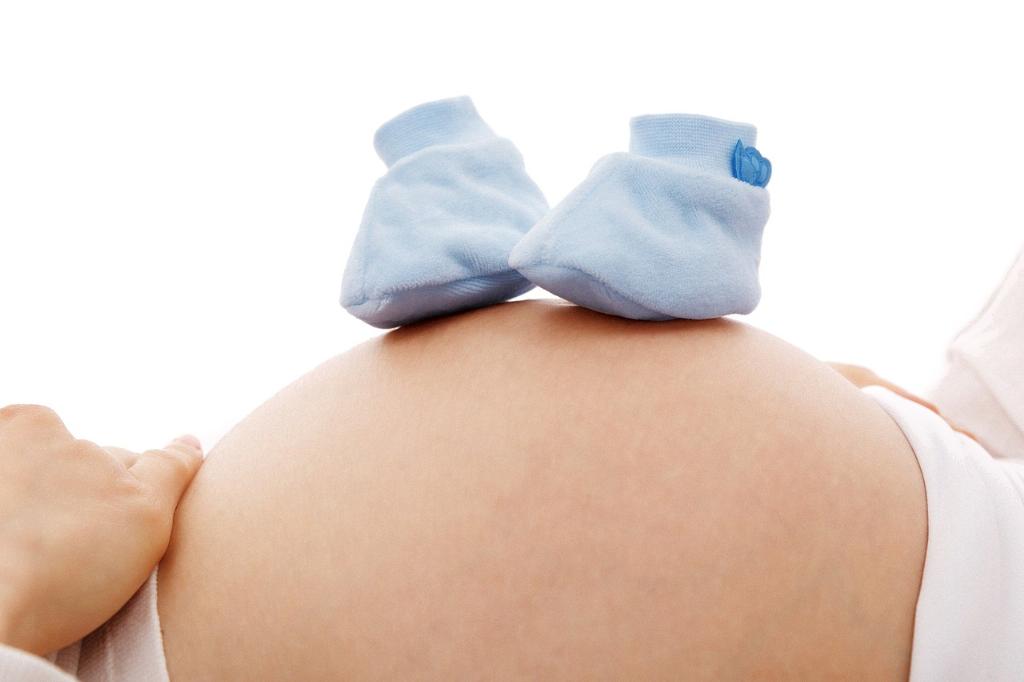One of the common concerns during pregnancy is hair loss. It can be distressing for many women but understanding the underlying causes can help in managing this issue effectively.
The Impact of Vitamin Deficiencies
During pregnancy, ensuring adequate intake of essential vitamins and minerals is crucial for the health of the mother and the developing baby. Vitamin and mineral deficiencies can have a significant impact on various aspects of health, including hair growth and loss.
Vitamin Deficiency and Hair Loss
One of the key vitamin deficiencies that can lead to hair loss during pregnancy is iron deficiency. Iron is essential for carrying oxygen to cells throughout the body, including hair follicles. When the body lacks an adequate amount of iron, it can result in various symptoms, including hair thinning and loss.
Role of Iron in Hair Health
Iron plays a crucial role in maintaining healthy hair growth. It is involved in the production of hemoglobin, which carries oxygen to the hair follicles. When there is a deficiency of iron, the hair follicles may not receive sufficient oxygen and nutrients, leading to weakened hair and potential hair loss.
Other Nutritional Factors
While iron deficiency is a primary concern for hair loss during pregnancy, other nutritional deficiencies can also contribute to this issue. Vitamin D, biotin, and zinc are essential nutrients that play a role in promoting healthy hair growth and preventing hair loss.
Addressing Nutritional Deficiencies
If you suspect that your hair loss during pregnancy is due to a vitamin deficiency, it is important to consult with your healthcare provider. They can recommend appropriate tests to determine the specific nutritional deficiencies and provide guidance on supplementation or dietary changes.
Importance of Prenatal Vitamins
Many healthcare providers recommend prenatal vitamins during pregnancy to ensure adequate intake of essential nutrients, including iron and other vitamins and minerals crucial for maternal and fetal health. Prenatal vitamins can help fill any nutritional gaps and support overall well-being.
Healthy Dietary Practices
In addition to prenatal vitamins, maintaining a balanced and nutritious diet is essential for supporting healthy hair growth during pregnancy. Including iron-rich foods, such as lean meats, legumes, and leafy green vegetables, can help prevent iron deficiency and promote better hair health.
Consulting a Healthcare Provider
If you are experiencing significant hair loss during pregnancy or have concerns about your nutritional intake, it is important to seek guidance from a healthcare provider. They can offer personalized recommendations to address your specific needs and ensure optimal health during this critical time.
Managing Stress and Hair Loss
Stress can also be a contributing factor to hair loss during pregnancy. Finding healthy ways to manage stress, such as practicing relaxation techniques, getting regular exercise, and prioritizing self-care, can help support overall well-being and hair health.
Conclusion
In conclusion, vitamin deficiencies, particularly iron deficiency, can contribute to hair loss during pregnancy. By ensuring adequate intake of essential nutrients, seeking guidance from healthcare providers, and managing stress effectively, it is possible to promote healthy hair growth and address hair loss concerns during this period of significant change.

